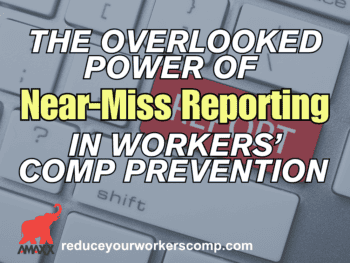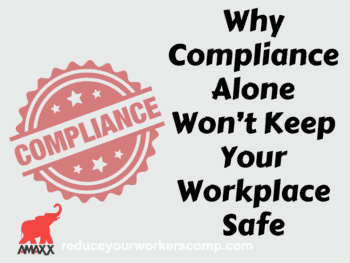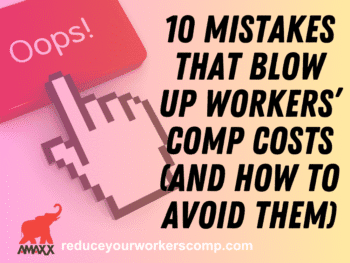Two employers, Massey Energy and Peabody Energy were ordered to produce audit records requested by the U.S. Department of Labor's Mine Safety and Health Administration (DLMSH) by Administrative Law Judge Kenneth Andrews with the Federal Mine Safety and Health Review.
According to the department, the cases concern the refusal of the controlling companies to provide accident, injury, and illness data during audits conducted by MSHA between October and December 2010. These audits were conducted in an effort to determine if specific mines met the criteria making them eligible to receive notifications of a potential pattern of violations. Eight mines were named for refusing to come forward with the necessary records. (WCxKit)
In the Peabody case, Andrews agreed with MSHA that the agency has a right to review records maintained by the operator that are "relevant and necessary" to determine compliance with accident, injury, and illness reporting requirements. He rejected the operator's argument to withhold the records based on their "sensitive and private" nature. In so doing, he concluded that such a disclosure to a public health agency such as MSHA is a "reasonable exercise of government responsibility" and that MSHA's "interest in promoting mine safety far outweighs any interest the mine operators may have in privacy."
The pair of mines in the Peabody Energy suit are Big Ridge, Inc.'s, Willow Lake Portal and Peabody Midwest Mining LLC's Air Quality #1 Mine. However, Willow Lake Portal previously was placed on potential POV status due to injuries it had properly reported and successfully reduced its violations during the evaluation period.
In the Massey case, MSHA argued that the role of 30 Code of Federal Regulations Part 50 in advancing miner safety and health cannot be overstated, as it identifies the aspects of mining requiring intensified attention with respect to health and safety legislation. Part 50 regulations cover the primary reporting and record-keeping obligations for mine operators, including as these relate to accidents, injuries, illnesses, and quarterly employment.
The six mines in the Massey Energy suit are Independence Coal Co., Inc.'s, Justice # 1 Mine, Inman Energy Corp.'s Randolph Mine, Process Energy's Mine # 1, Spartan Mining Co.'s Road Fork # 51, Road Fork Development Co.'s Love Branch South Mine and Knox Creek Coal Corp.'s Coal Creek Prep Plant. The judge's decisions affirm the violations and orders that MSHA issued to the operators for their failure to provide the requested records.
"This move has unnecessarily delayed MSHA's review of the POV process for seven of these mines," said Joseph Main, assistant secretary of labor for mine safety and health. "Mine operators should be aware that we are not going to rely on what they report to make such critical determinations. We will check those records ourselves." (WCxKit)
Of the 32 mines where audits were completed, MSHA issued more than 100 citations for irregularities in reporting and/or record keeping. As a result of those findings, Maple Coal Co.'s Maple Eagle No. 1 Mine was moved to potential POV status. The mine operation initially was not flagged as a candidate for a potential POV due to under-reporting of injuries. The subsequent audit discovered 12 unreported or under-reported injuries and 241 unreported lost workdays.
Author Robert Elliott, executive vice president, Amaxx Risks Solutions, Inc. has worked successfully for 20 years with many industries to reduce Workers Compensation costs, including airlines, healthcare, printing/publishing, pharmaceuticals, retail, hospitality and manufacturing. See www.LowerWC.com for more information. Contact:Info@ReduceYourWorkersComp.com or 860-553-6604.
Our WORKERS COMP BOOK: www.WCManual.com
WORK COMP CALCULATOR: http://www.LowerWC.com/calculator.php
SUBSCRIBE: Workers Comp Resource Center Newsletter
Do not use this information without independent verification. All state laws vary. You should consult with your insurance broker or agent about workers comp issues.
©2011 Amaxx Risk Solutions, Inc. All rights reserved under International Copyright Law. If you would like permission to reprint this material, contact Info@ReduceYourWorkersComp.com.
























